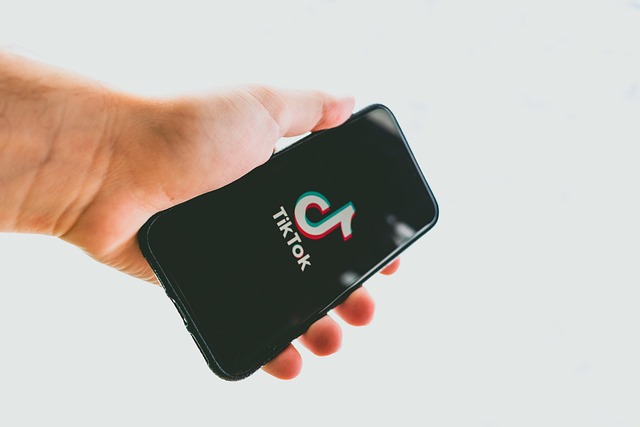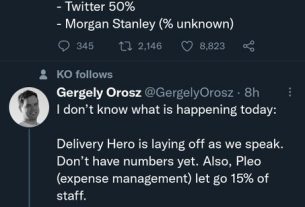A comprehensive plan to prevent TikTok’s shutdown in America has crystallized around a consortium of prominent US investors, creating a framework that could reshape the social media platform’s ownership structure while addressing national security concerns.
The Investment Coalition
The proposed arrangement centers on a newly formed American entity that would control TikTok’s domestic operations through a coalition of major US-based investors. This group would hold approximately 80% ownership, with Chinese stakeholders retaining the remaining 20% share.
Key players in this investment consortium include technology giant Oracle, prestigious venture capital firm Andreessen Horowitz, and private equity powerhouse Silver Lake. The structure would establish a US-majority board of directors, including a representative specifically nominated by the Trump administration to ensure American oversight.
Negotiation Background
This framework emerged from intensive discussions between American and Chinese negotiators in Madrid, essentially reviving elements of a deal originally presented to President Trump in April. However, those initial negotiations stalled when Trump implemented significant tariffs on Chinese goods, disrupting diplomatic progress on the social media application.
The current proposal closely resembles the earlier framework, suggesting that both nations maintained consistent positions throughout the extended negotiation period.
Oracle’s Central Role
Oracle Executive Chairman Larry Ellison, who recently achieved the distinction of becoming the world’s wealthiest individual, has been prominently mentioned in acquisition discussions. Trump previously endorsed Ellison, a known supporter, as a preferred buyer for TikTok’s American operations.
Oracle’s involvement isn’t entirely new—the company has maintained TikTok’s US data hosting services since 2020 and previously negotiated a purchase agreement with the first Trump administration, though that arrangement was ultimately prevented from proceeding.
Legal Constraints and Extensions
While Trump initially advocated for a 50-50 partnership between ByteDance and American ownership, current legislation restricts Chinese ownership to maximum 20% of TikTok’s US assets. This bipartisan law, enacted under former President Biden, establishes clear limits on foreign control.
Trump recently signed an executive order extending TikTok’s operational deadline by three months, marking the fourth such extension since the ban initially took effect on January 19. This action prevents the platform from going offline while negotiations continue.
Breakthrough Negotiations
Treasury Secretary Scott Bessent revealed that China’s willingness to negotiate intensified after Trump threatened complete TikTok elimination in the United States. The pivotal moment came during a critical phone conversation where Trump demonstrated resolve to allow the platform’s shutdown if necessary.
According to Bessent, the deal’s foundation was established by April, but tariff implementations created a diplomatic standstill. Only after tariff adjustments and renewed bilateral discussions did both leaders express renewed interest in resolving the TikTok situation.
National Security Considerations
American negotiators maintained firm positions on security requirements, refusing to compromise national interests for deal completion. Bessent emphasized reaching agreements on future operational restrictions that wouldn’t impact security concerns.
Timeline and Next Steps
A scheduled phone conversation between Trump and Chinese leader Xi Jinping on Friday is expected to formalize the arrangement. Bessent anticipates revealing complete deal terms and investor details within the coming weeks.
The agreement represents a crucial prerequisite for arranging a potential Trump-Xi meeting, which could occur as early as next month, demonstrating TikTok’s role in broader US-China diplomatic relations.
This resolution would end months of uncertainty surrounding TikTok’s American future while establishing a precedent for foreign technology platform oversight.




